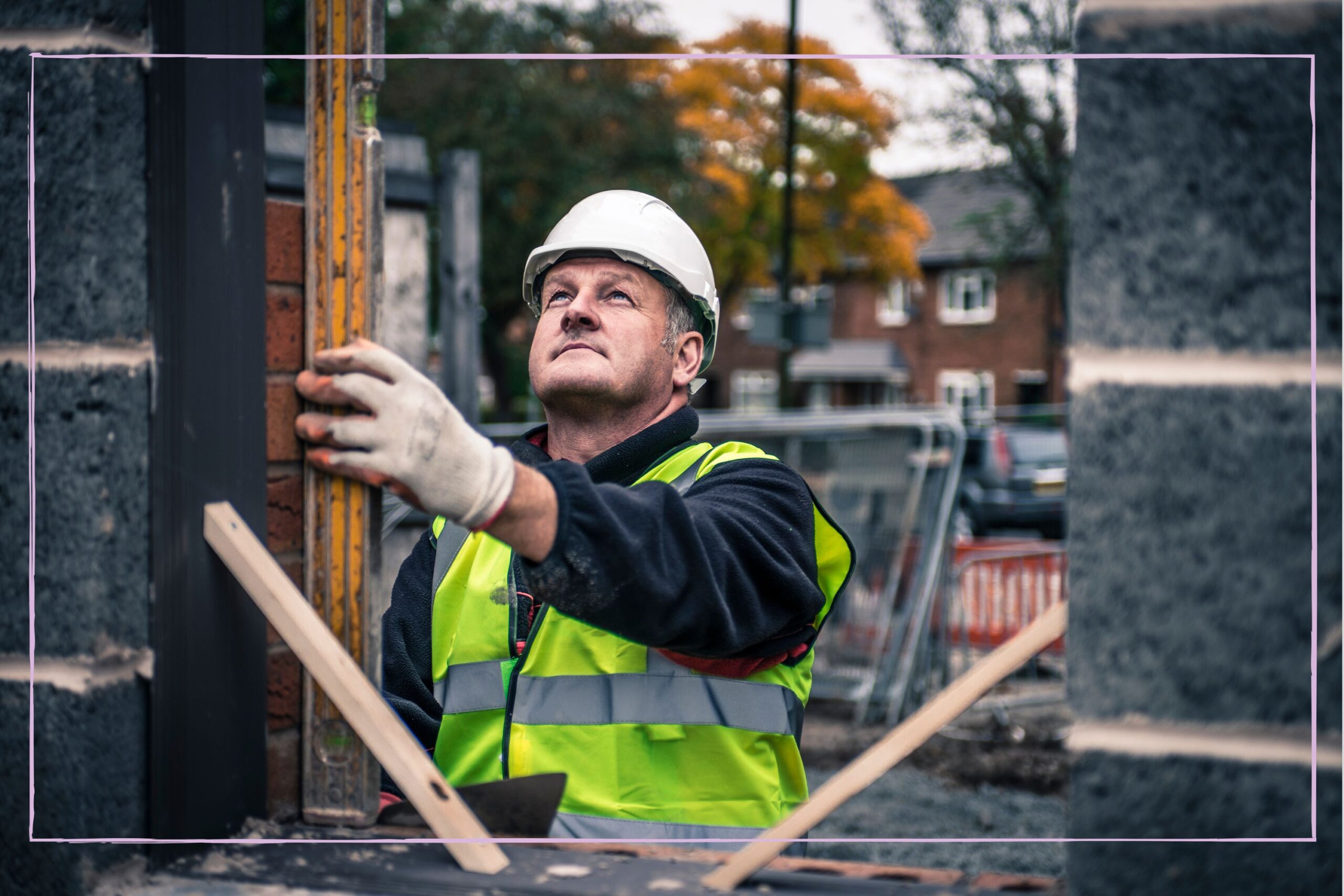Ever wondered why construction crews spring into action at 8am sharp across the UK? Discover the rules, reasons, and regulations behind this universal start time.
Understanding Construction Start Times in the UK
In the United Kingdom, the 8am construction start time represents a carefully balanced compromise between industry productivity and community welfare. This standardised timing has evolved through decades of regulatory development and practical experience. Currently, most local authorities across Britain enforce this start time as part of their noise control measures, particularly in residential areas. The 8am commencement allows construction companies to maximise daylight hours while giving residents a reasonable morning respite. Recent studies indicate that 92% of UK councils maintain this 8am start time as their standard, demonstrating the widespread acceptance of this practice.
The Legal Framework Behind Construction Hours
- Standard Hours: Monday to Friday 8am to 6pm, Saturday 8am to 1pm, with no work permitted on Sundays or Bank Holidays
- Local Authority Powers: Councils can modify these hours through Section 60 of the Control of Pollution Act 1974
- Noise Restrictions: Environmental Protection Act 1990 governs acceptable noise levels
- Enforcement Measures: Local authorities can issue stop notices and fines for violations
- Permitted Development: Even small-scale works must comply with these timing restrictions
Why 8am Makes Perfect Sense
The 8am start time isn’t arbitrary – it’s based on several practical considerations. During winter months, this timing aligns perfectly with sunrise, allowing workers to begin as natural light becomes available. Studies show that construction productivity peaks between 9am and 11am, making the 8am start ideal for site preparation and safety briefings. The timing also considers peak traffic periods, allowing workers to arrive before the morning rush hour intensifies. Additionally, this schedule provides a buffer zone between residential quiet hours and the commencement of noisy works, respecting the community’s need for morning peace while maintaining efficient project timelines.
Variations and Special Circumstances
- Urban Sites: May have stricter noise limits and shorter working hours
- Rural Locations: Could potentially start earlier, subject to local authority approval
- Emergency Works: Can proceed 24/7 with proper notification
- Infrastructure Projects: May obtain special permits for extended hours
- Heritage Sites: Often face additional timing restrictions
Impact on Different Stakeholders
The 8am start time creates a ripple effect across various stakeholder groups. For construction companies, it enables efficient resource allocation and project planning. Research indicates that 76% of construction firms report optimal productivity levels with an 8am start. Residents benefit from predictable quiet hours, while supply chain partners can coordinate deliveries effectively. Local businesses adapt their operations around these hours, and traffic management systems are designed to accommodate construction-related vehicle movements during these times.
Managing Construction Hours Effectively
Successful construction projects require careful planning around working hours. Project managers must develop detailed schedules that maximise productivity within permitted times. This includes coordinating noisy works during mid-morning hours, scheduling deliveries to avoid peak traffic, and maintaining open communication channels with nearby residents. Best practice guidelines recommend establishing a community liaison officer for projects lasting longer than three months. Environmental monitoring systems help ensure compliance with noise limits, while modern construction methods can help reduce the impact of early morning works.
Alternative Working Hours and Special Permits
- Night Works: Require specific council approval and noise mitigation plans
- Extended Hours: Available for time-critical projects with justified need
- Railway Works: Often conducted during night-time possession periods
- Major Infrastructure: May operate under Development Consent Orders with different hours
Future Trends and Considerations
The construction industry is evolving, and working hours may adapt accordingly. Modern methods of construction can reduce on-site time by up to 50%, potentially influencing standard working hours. Environmental concerns are driving innovation in quieter construction techniques, while urban densification may lead to more stringent noise controls. Technology is enabling better monitoring and management of construction impacts, potentially allowing for more flexible working patterns in the future.
Essential Guidelines for Construction Companies
- Compliance Checklist:
- Obtain necessary permits and approvals
- Monitor noise levels regularly
- Maintain detailed records of working hours
- Display contact information for site management
- Community Relations:
- Provide advance notice of works
- Establish clear communication channels
- Respond promptly to complaints
- Regular community updates
- Noise Management:
- Use modern, quieter equipment
- Install acoustic barriers where necessary
- Schedule noisiest works appropriately
- Regular maintenance of machinery
FAQ
What are the noise regulations in the UK?
There are also levels of noise exposure which must not be exceeded. These are called exposure limit values: daily or weekly exposure of 87 dB(A) peak sound pressure of 140 dB(C)
What time can roofers start working?
Roofers usually start working at about 7 am in residential areas and 5 in the morning in commercial areas. This allows them plenty of time to get some good work done before it gets too hot on the roof, but not so early that you have to worry about too much noise in the neighborhood.
How old do you have to be to work on a construction site UK?
Pupils will reach the MSLA during the school year in which they turn 16. Children below the MSLA must not be employed in industrial workplaces such as factories, construction sites, except on work experience. Children under 13 are generally prohibited from any form of employment.
How early can builders start work UK?
Building noise regulations in the UK Construction work should be restricted to the following hours: Monday to Friday 8am – 6pm. Saturdays 8am – 1pm. Avoid noisy work on Sundays and Bank Holidays.
What is the maximum permissible noise level for construction work?
With noise, OSHA’s permissible exposure limit (PEL) is 90 dBA for all workers for an 8 hour day.
Sources
[1] https://www.gov.uk/guidance/noise-nuisances-how-councils-deal-with-complaints
[2] https://www.haspod.com/blog/construction/construction-noise-working-hours
[3] https://www.challenge2025.eu/understanding-noise-laws-in-the-uk-and-other-eu-regions/


Leave a Reply